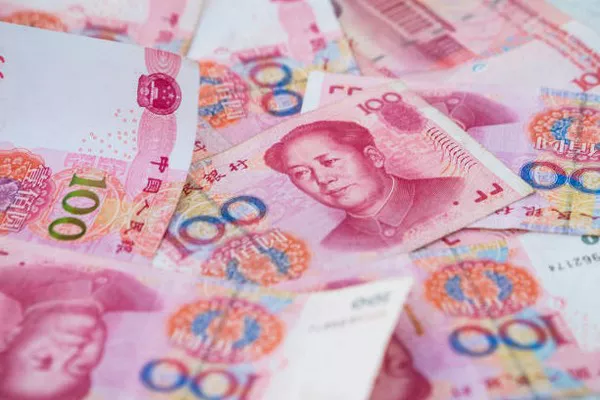As the global economic landscape continues to evolve, investors are increasingly turning their attention to the Chinese Yuan (CNY), which has been exhibiting strength in recent times. A robust Yuan not only signifies China’s economic prowess but also presents unique investment opportunities for individuals and businesses alike. In this article, we will explore strategies and considerations for investors looking to capitalize on a strong Chinese Yuan.
Understanding the Factors Driving Yuan Strength:
Before delving into investment strategies, it is crucial to understand the factors contributing to the strength of the Chinese Yuan. A variety of economic indicators and geopolitical events can influence currency values, and in the case of the Yuan, several key elements play a role:
Trade Surplus: China’s consistent trade surplus is a primary factor in the strength of its currency. A surplus indicates that the country is exporting more than it is importing, leading to an influx of foreign currency reserves and an appreciation of the Yuan.
Economic Growth: The overall health of the Chinese economy contributes significantly to Yuan strength. Investors tend to favor currencies of nations with robust economic growth, as it suggests stability and potential for higher returns.
Central Bank Policies: The People’s Bank of China (PBOC) plays a pivotal role in managing the value of the Yuan. Policies enacted by the central bank, such as interest rate adjustments and currency interventions, can impact the exchange rate.
Investment Strategies for a Strong Chinese Yuan:
Currency Trading:
For sophisticated investors and institutions, engaging in currency trading can be a way to directly capitalize on Yuan strength. Forex markets allow participants to buy and sell currencies, potentially profiting from fluctuations in exchange rates. However, currency trading comes with inherent risks and requires a deep understanding of the foreign exchange market.
Investing in Chinese Equities:
A strong Yuan often correlates with a thriving Chinese economy, making investments in Chinese equities an attractive option. Investors can consider exchange-traded funds (ETFs) that track Chinese stock indices or individual stocks of companies poised to benefit from domestic economic growth.
Bond Investments:
Chinese government bonds denominated in Yuan can offer stable returns while providing exposure to the currency’s strength. Additionally, foreign investors can explore Chinese corporate bonds, which have gained popularity as China’s corporate sector continues to expand.
Real Estate Investments:
The real estate sector in China has been a driving force behind its economic growth. Investing in real estate, either through direct property ownership or real estate investment trusts (REITs), allows investors to participate in the country’s development while potentially benefiting from a strong Yuan.
Diversification Across Currencies:
While capitalizing on the strength of the Chinese Yuan is appealing, a well-rounded investment portfolio should remain diversified. Investors can consider maintaining exposure to other major currencies to mitigate risks associated with currency fluctuations.
Commodities and Natural Resources:
China’s insatiable demand for commodities and natural resources contributes significantly to its economic activity. Investing in commodities like metals, energy, and agricultural products can provide indirect exposure to the Chinese economy and the Yuan.
Risk Management and Considerations:
Geopolitical Factors: Geopolitical events can have a substantial impact on currency values. Investors should stay informed about developments that could potentially affect China’s economic stability and the value of the Yuan.
Inflation and Interest Rates: Changes in inflation rates and interest rates can influence currency values. Monitoring these economic indicators will help investors make informed decisions regarding their portfolio allocations.
Market Liquidity: Liquidity in the Chinese financial markets can vary. Investors should consider the liquidity of the assets they are investing in to ensure they can easily buy or sell positions without significant price fluctuations.
Regulatory Environment: China’s regulatory environment is dynamic, and changes in regulations can impact various sectors. Staying abreast of regulatory developments is crucial for making sound investment decisions.
See Also Will Saudi Arabia Sell Oil To China In Yuan?
Conclusion:
Investing when the Chinese Yuan is strong presents compelling opportunities for those who can navigate the complexities of the global financial markets. By understanding the factors driving Yuan strength and employing thoughtful investment strategies, individuals and institutions can position themselves to benefit from China’s economic prowess while managing associated risks. As with any investment, thorough research, a diversified approach, and a keen awareness of market dynamics are essential for success in the evolving landscape of a strong Chinese Yuan.


